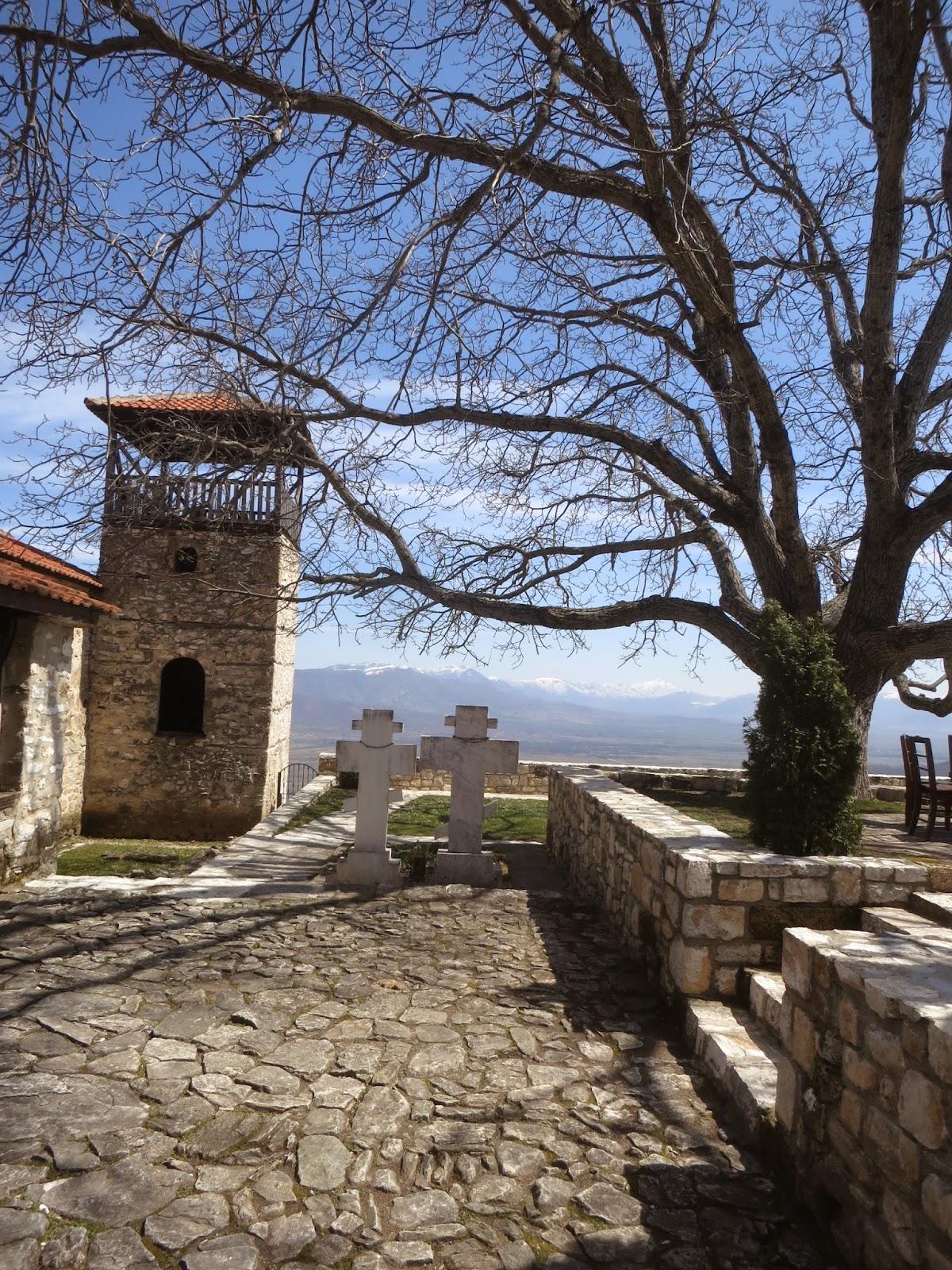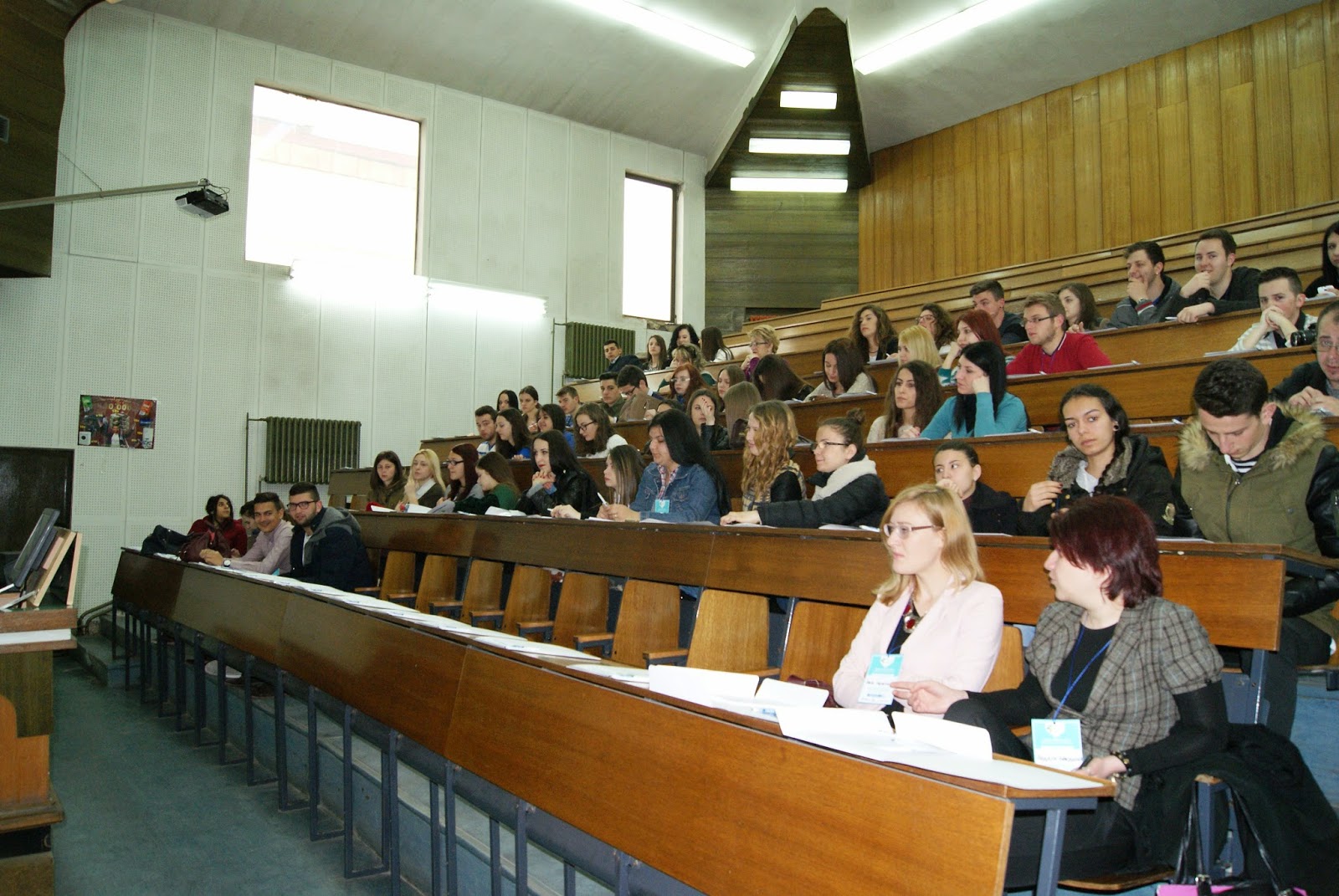Within AIESEC, I have worked in a few different capacities
and with different projects, which overall keeps me busy through the course of
the year. However, my main
responsibility as a part of the Executive Board is to manage the Outgoing
Exchange functional area of our entity.
This part of AIESEC is responsible for sending students from Macedonia
to other countries on voluntary or professional internships. The main duties of our team is to help those
who are interested in embarking on an internship find a suitable opportunity, to
edit their CVs, and to act as a liaison with entities in other countries to
smooth the matching process.
Last July, AIESEC Macedonia set big ambitions for our
entity. Motivated by the release of our
new, international internship database, many predicted that the number of
outgoing interns would increase many-fold.
However, EXPA, as we call it, delayed its release from the middle of
August to the beginning of November, and those software-launch bugs pretty much
made the system useless until around the beginning of 2015.
Throughout most of this year, AIESEC Prilep was unable to
realize any match for the interns who were hoping to work or volunteer
abroad. Much of this can be blamed on
the problems with the database. Also to
blame are the processes and lack of institutional knowledge on how to properly
execute the Outgoing Exchange functional area within our committee.
Since I had a bit of experience with the career center at
UChicago before I left for Peace Corps, and since I applied for many jobs and
internships before and after graduating, I assumed that my knowledge of editing
CVs and preparing our participants for interviews would suffice in this
position. However, I did not understand
that there would be a major cultural component of Outgoing Exchange that would
serve as an obstacle to us realizing as many exchanges as we had hoped.
Basically, many of the students who apply through our
program treat it as an opportunity to work in a more advanced economy to make
and save money. Similar to “Work and
Travel” programs that send Macedonian students to Germany or the United States
to work at a restaurant, hotel, or resort for the summer, many students signed
up through our program to do the same, albeit with a more desirable job
description. This mindset regarding our
outgoing program resulted in many futile applications for internships that many
of our participants would not be qualified for.
Of course, I empathize with the students and understand why
they would apply for the more competitive internships in our system. Many students who study business, law, or
languages in Macedonia do not land a suitable job after graduating. With a youth unemployment rate at above 40%,
there is a lack of demand for such high skills.
Thus, their education itself is pretty much voided, and it is only those
who are active and participate in leadership or professional experiences
outside their studies (or who have connections) who are competitive for
employment.
In many ways, that is what our AIESEC internships do. They give students an opportunity to gain
practical or leadership experiences in an international setting. Working on a project or in a company abroad
also helps them open their mind and discover their skills and challenge
themselves. However, with a limited
number of internships available in places like Canada, Germany, or the
Netherlands, and with competitive applicants also applying from Western
European countries and other growing economies, like Brazil, China and India,
Macedonians are at a disadvantage in realizing this type internships through
AIESEC.
But it is not impossible for them to find an opportunity
with AIESEC. There are plenty of internships
in countries close to Macedonia that could use the skills these students
developed in their education. Countries
like Turkey, Romania, and Hungary have high rates of growth, and although the
salaries they offer are not much higher than those in Macedonia, the experience
is very valuable and students do not need to pay much to travel to these places
(since they are so close). But staying
in the Balkans or Eastern Europe may not be appealing enough to take the risk
to work a year abroad. One can compare
this to offering an American a qualitative, albeit modestly paid internship in
Wichita, KS or Toledo, OH. Of course
most young Americans would rather spend a year of their youth in San Francisco
or Miami or NYC, but experience is experience.
Then comes the other issue: since Macedonia is not part of
the European Union, many internships only take current students from Macedonia
due to taxation or immigration rules.
Unfortunately, most Macedonians are raised thinking that they must finish
their university studies first, then gain practical experience on things like
foreign internships. Therefore, some
students who are qualified for certain internships decide not to go if they are
accepted because they do not want to interrupt their studies. Of course, some only apply after they
graduate because they envision staying in that country after their internship
ends.
Thus, the Outgoing Exchange program in our committee is at a
HUGE disadvantage. There are many
Macedonians who are convinced of the value of such opportunities, but the
percentage is much lower in Prilep than it is in Bitola or Skopje (which is why
we try to focus many of our promotions in Bitola). The values of working or volunteering through
AIESEC will gain better traction if we have returned participants who share how
they benefited from the program, but unfortunately we have not been able to
send anyone on an internship… until recently.
At the end of April, two interns were successfully matched
for professional internships in Europe.
One is currently working with customer support in Budapest, the other (a
Cameroonian student who is studying IT in Ohrid) will start his internship in
Germany at the beginning of July.
Finally, we will be able to market their success to highlight the value
of these programs. Even though we are
far short of our goals for outgoing exchange participants, we have met the
minimum requirement in order for our entity to exist after July.
All AIESEC committees around the world are currently marketing
for Summer Peak, or the largest matching period for internships, especially for
volunteers. Our marketing team is
working hard to promote the opportunities to our students in Prilep and Bitola. While I will be away for 10 days on a
personal trip through Central Europe, I have incorporated into my itinerary
plans to meet with the committees in Vienna and Budapest to learn more about
how we can market their summer projects.
We also hope to convince a few of our members to go on an AIESEC
voluntary internship this summer, because it would be a great development
project for them, and they would be living examples of the benefits of these
programs (we currently only have one member who participated in an AIESEC
internship).
Overall, working with Outgoing Exchange has been one of the
most challenging experiences of my Peace Corps service. Even though I enjoyed improving my people
skills by working with the applicants for internships, it frustrates me that
there is little I can do after they apply to the internships. As I describe above, a lot of my work
involved changing the mindset of Macedonian students, something that the Peace
Corps warns NOT to do. I just hope that
any work I contribute to this functional area begins to change the attitudes
Macedonian students have towards professional development.































